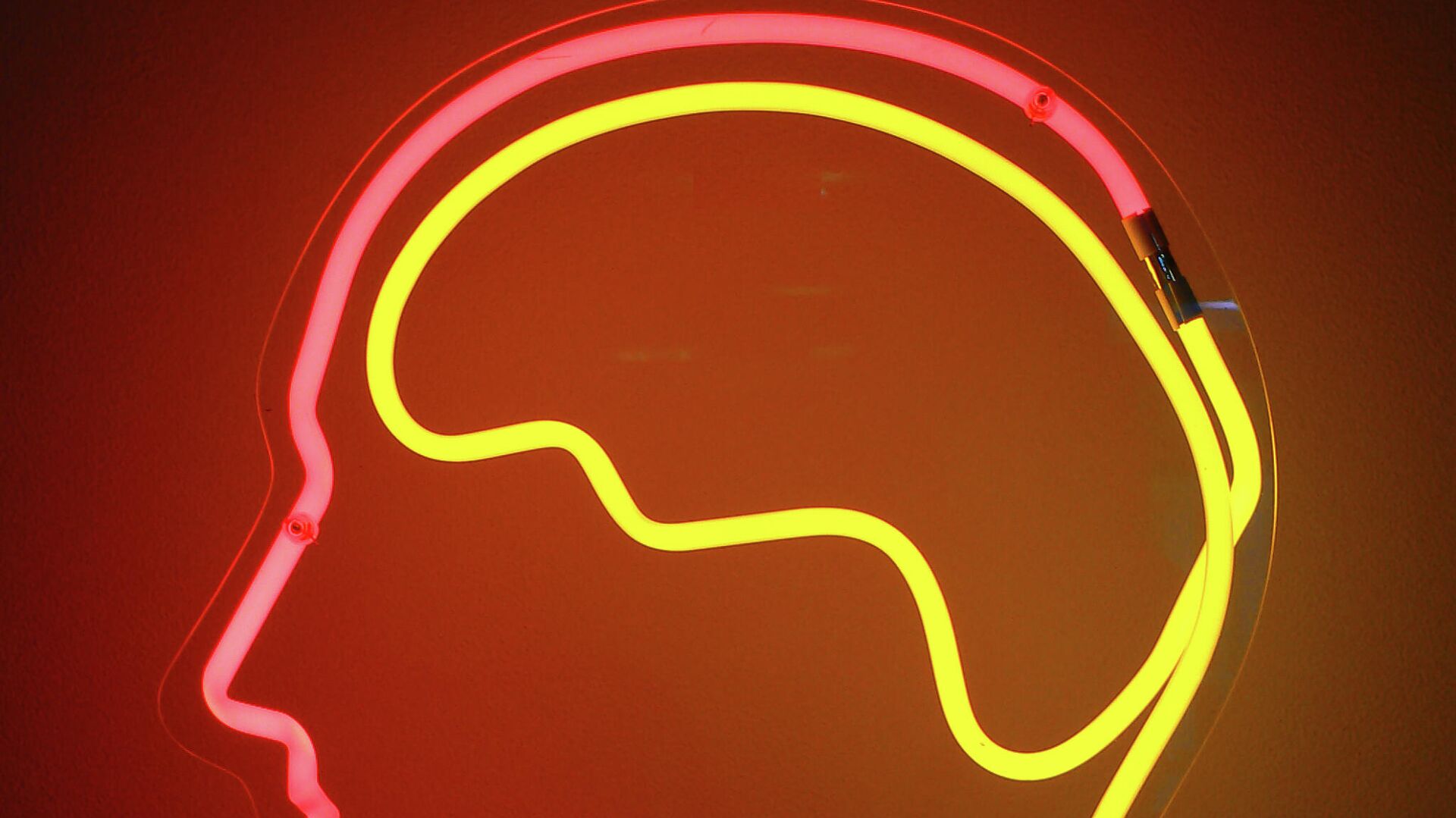Scientists Develop Lower-Cost Blood Test That Can Reveal Altzheimer's Before Symptoms Take in
23:50 GMT 24.02.2022 (Updated: 12:22 GMT 14.02.2023)
Subscribe
According to the World Health Organization, Alzheimer's disease is the most common form of dementia worldwide, accounting for 60-70% of all cases, with the total number of people suffering from the disease reaching up to 50 million globally.
Scientists have devised a blood test that can detect Alzheimer's disease before any symptoms appear, a new study published in the journal Neurology revealed.
According to the Washington University School of Medicine in St. Louis, whose researchers made the discovery, the low-cost test has already been confirmed as being "highly accurate" in a trial involving slightly less than 500 patients from three continents.
“Our study shows that the blood test provides a robust measure for detecting amyloid plaques associated with Alzheimer’s disease, even among patients not yet experiencing cognitive declines,” senior author Randall J. Bateman, MD, the Charles F. and Joanne Knight Distinguished Professor of Neurology is quoted in the press release as saying.
Moreover, the researchers believe it may pave the way for faster diagnosis and treatment. Bateman added that such a blood test boosts Alzheimer's research and diagnosis, "drastically cutting the time and cost of identifying patients for clinical trials and spurring the development of new treatment options."
"As new drugs become available, a blood test could determine who might benefit from treatment, including those at very early stages of the disease," he said.
The study involved collecting blood samples from 465 patients who were previously enrolled in Alzheimer's studies in the US, Sweden, and Australia, all of whom were participating in different Alzheimer's disease trials. Of those who participated in the study, 46 people were diagnosed with Alzheimer's disease, while 203 had mild cognitive impairment.
According to the scientists, until now, only expensive brain scans and invasive spinal taps could detect these amyloid protein plaques, especially when a radioactive brain scan costs between $5,000 and $8,000 per scan, and testing for cerebrospinal fluid costs about $1,000. Pre-screening with a $500 blood test could cut costs and time significantly.
When blood amyloid levels were paired with another key Alzheimer's risk factor, the existence of the APOE4 genetic variation, the blood test's accuracy was 88% when compared to brain imaging and 93% when compared to a spinal tap.
"These results suggest the test can be useful in identifying nonimpaired patients who may be at risk for future dementia, offering them the opportunity to get enrolled in clinical trials when early intervention has the potential to do the most good,” Bateman explained. “A negative test result also could help doctors rule out Alzheimer’s in patients whose impairments may be related to some other health issue, disease or medication."
Despite the fact that the test has received the approval of the Food and Drug Administration in partnership with the Centers for Disease Control and Prevention and the Centers for Medicare and Medicaid Services Clinical Laboratory Improvement Amendments (CLIA), the majority of health insurance companies do not cover it, as per reports.
Alzheimer's disease and other types of dementia currently have no cure. Modern healthcare specialists note that language problems, disorientation, mood changes, loss of motivation, self-neglect, and behavioral concerns are all possible signs as the condition progresses. Bodily functions gradually deteriorate, eventually leading to death. Despite the fact that the rate of advancement varies, the average life expectancy after diagnosis is three to nine years.



